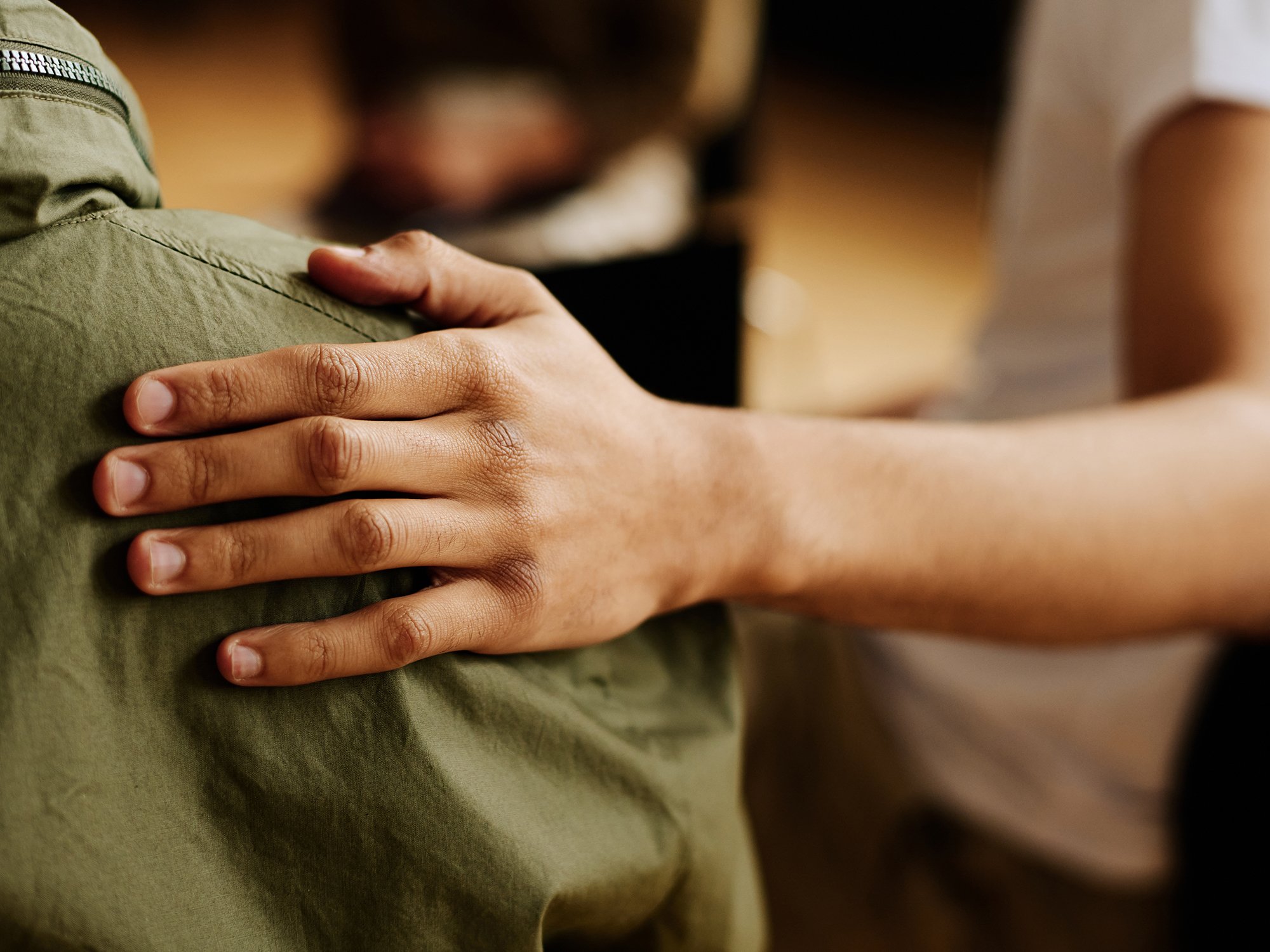The Importance of Connection
On a recent Zoom call with friends, I had an ah-ha moment about connection. My insight was prompted as our conversation veered into the topic of caregiving. From my perspective, all of us are caretakers in life, in one way or another. Whether it’s caring for a child or animal, a spouse or partner, a family member or friend, or even taking care of ourselves, we all have times in life where we step up to take care of a loved one.
Yet, for some of us, caregiving is a full-time, around the clock responsibility. Beyond formal caregiving professionals, there are those who fill this role due to ongoing needs or special circumstances within our family unit or community.
One of my friends serves her family in such a capacity and during this recent catch-up, she shared that she’s feeling tremendous stress and overwhelm. She also expressed that none of us truly understood what she’s feeling or going through. I honor her feeling this way and was even reminded of a time when I too felt that way in my own life.
However, as I’ve learned on my own journey, these kinds of narratives can be limiting, and all too often create greater pain, stress, and isolation. And, when we’re able to notice the narrative, question it, and expand our perspective, it makes all the difference.
Have I experienced the nuances of her unique situation? No. And yet… I do understand what it feels like to be bone tired. I can relate to feeling scared, alone, and overwhelmed. I remember what it feels like to have to just keep going, in spite of deep exhaustion or the desire to just run away from it all. I understand feeling uncertain about what the future holds and catastrophizing about worst-case scenarios. I know what it feels like to allow a negative thought to become very, very powerful.
When we get caught up in a story like “You don’t understand what I’m going through,” we create disconnection. This disconnection fosters more stress and can create a self-fulfulling prophecy that only serves to breed deeper isolation. We tell ourselves that we’re alone, so we are alone. We don’t believe anyone’s offer of support or help will make a difference, so we close ourselves off to accepting it.
Empathy—feeling as and with another being—dials up connection. While a specific situation may be unique, the feelings associated with it are usually not. So if we’re able to open ourselves up to connecting at the level of feeling, we unlock a path forward from isolation to something much more empowering.
In the book, Burnout: The Secret to Unlocking the Stress Cycle by Emily and Amelia Nagoski, they identify 7 Ways to Complete the Stress Cycle. One of the seven ways is positive social interaction, or connection with others. Feeling connected signals to the body that we’re safe, which in turn reduces the level of cortisol and other stress hormones surging through our bodily systems.
Connection also shifts us from operating on autopilot—that default brain mode closely linked to emotional response and negativity—to awareness, an expanded perspective, using the brain network closely linked to discernment, emotional regulation and compassion. With this expanded perspective, we can embrace kindness, generosity and yes, even connection.
If you are feeling stressed or overwhelmed, see if you can reach out to a friend and invite them to connect with you at the level of feeling. Even if they haven’t experienced the precise situation you are experiencing, notice what happens if you connect at the level of feeling by sharing your emotions. If your mind gets stuck on the specifics of the situation, keep bringing yourself back to: Here’s what I am feeling… Can you relate to that feeling? On a human level, more often than not, the answer is YES.
I hope you’ll open yourself up to the powerful gift of connection, and see how it can transform moments of stress and overwhelm in your life. And, if you’re interested in diving deeper on all of the ways to complete the stress cycle, click here to learn more about all 7 ways in a previous blog post.
Mindfully yours,
Ashley

